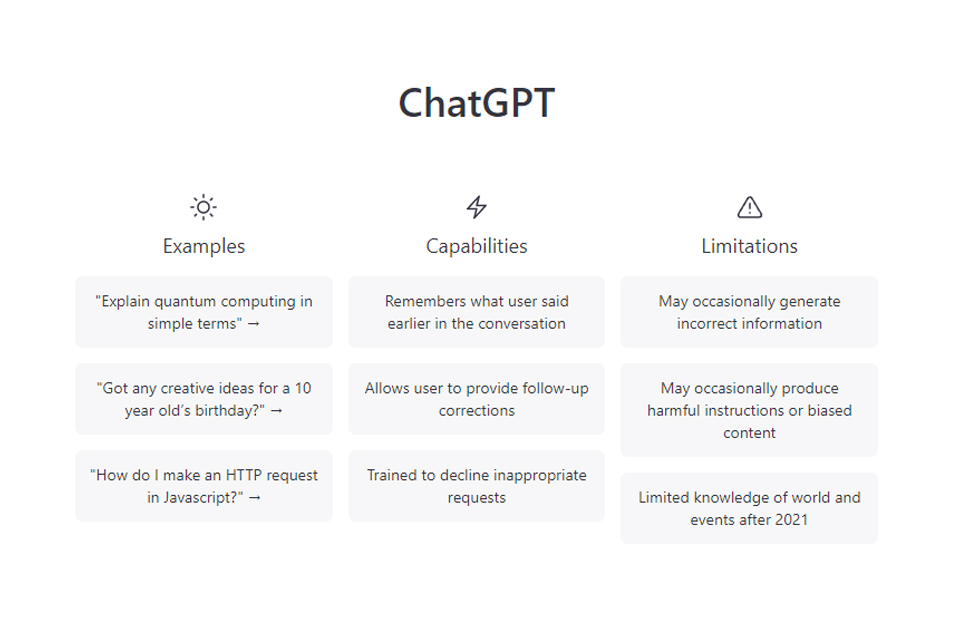It is hard not to have heard of or seen ChatGPT in the previous months. Spurred on by widespread interest and intrigue into what AI can really do, it has seen an exponential rise to popularity since its launch in November 2022. Having reached 100 million active users just two months after launch, it boasts the record for the fastest user growth for an online tool. Here is some info for those who haven’t heard of ChatGPT, can’t quite get their head around it, or just need a bit of a refresher:
What is ChatGPT and what exactly does it do?
ChatGPT is an artificial intelligence ChatBot developed by the company OpenAI. The ChatBot is defined as a language-based model that can mimic human conversation and also complete an astonishingly wide range of tasks when correctly prompted. Still in its infancy since its release, it is guaranteed to grow further as the artificial intelligence becomes more advanced and able to complete more tasks correctly. There is no doubt that it is revolutionary and like nothing we have seen before. Currently, it is completely free of charge to use. As of February this year though, there is also a paid subscription version named ChatGPT Plus.

Here are some of the tasks that ChatGPT is already helping marketers with:
- Composing emails
- Processing and analysing data
- Writing copy for websites, blogs and social media
- Generating and explaining code
- Language translation
- Explanations in layman’s terms
The possibilities and advancements of ChatGPT seem to be endless. The ChatBot continues to be developed further behind the scenes in parallel to its continued learning of topical information. Where ChatGPT can take us is a daunting prospect and a whole article in itself – but for today I will focus on how ChatGPT could affect marketing of the future and its current range of limitations:
How will it affect marketing of the future?
Put simply, how ChatGPT affects marketing in the future comes down to how marketers choose to use its capabilities. As mentioned above, it can quickly complete tasks that would take a human significantly longer.
ChatGPT is sure to shake up future marketing with its ability to create content. It can produce blog posts, website copy and product/service descriptions.
"OpenAI recommends that all content generated by ChatGPT should be reviewed by a human, listing this as a best practice." - Search Engine Journal
Without a human brain, ChatGPT often struggles to hit brand tones with its content. The content produced may require editing or rewriting to ensure it is aligned to a defined target audience. It doesn’t possess industry experience, knowledge of the wider market and understanding of competitors, all of which play a key role in a marketing strategy.
Will it dramatically change how we approach marketing tasks?
Whilst we acknowledge that ChatGPT is the most revolutionary AI model of its kind and can help us to complete tasks quickly, it has concerning limitations for marketers. Having a ‘computer brain’ and no real life experience means it simply can’t compete with humans when creating strategic direction or content which requires real life experience or needs to align to a set of established brand values. Furthermore, it can even produce completely incorrect outputs at times.
We would suggest if you are going to delve into the ChatBot’s capabilities, it is wise to fact and sense check, edit and always proceed with caution. Things may change in the future, but now there is nothing quite like a real human when it comes to reaching and resonating with your target consumer.
